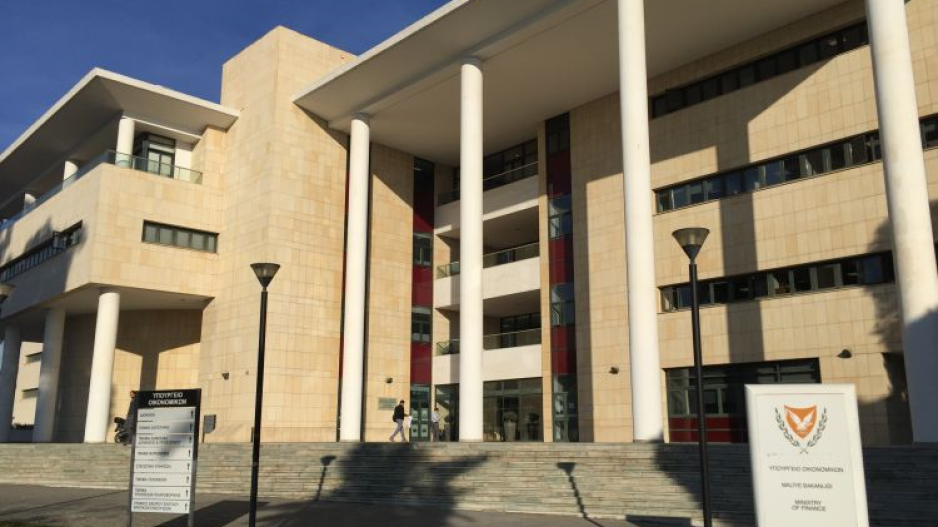The Finance Ministry Awaits GSI's Economic Impact
The Ministry of Finance of Cyprus Is Not in a Position to Evaluate the Cyprus-Greece Electricity Interconnection Project Yet.
The Ministry of Finance of Cyprus is not in a position to evaluate the Cyprus - Greece electricity interconnection project because several parameters remain pending, said the Director General of the Ministry of Finance, George Panteli. He noted that the Ministry's position on the matter will depend on the project's impact on the economy and the energy sector.
He mentioned that these parameters include regulatory decisions, the financing agreement for the project, the shareholding structure of the organization, and the business plan, all of which are not yet finalized.
"There is this unknown factor, which prevents us from completing our evaluation, as it is important to have these in front of us to assess the project's impact on the economy, specifically in the energy sector," he said, referring to how the project will affect the conventional method of energy production, the development of renewable energy sources in the country, and electricity consumption prices.
In any case, he clarified, whether or not the decision is made for the Republic of Cyprus to participate in the share capital of the Great Sea Interconnector, the evaluation of the economic impact must be carried out. "The Ministry of Finance's position essentially concerns the implementation of the project and will depend on the impacts we ascertain it will have on the economy and the energy sector," he noted.
When asked when the above matters are expected to be completed and whether they should have already been done, given the project's current stage, Mr. Panteli stated that "they should have already been done.
We are following the media, which shows that the project is at an advanced stage. But I believe that there should have been financing agreements or agreements with Nexans and Siemens for the implementation of the substations and the construction of the cable. All these have not come before us for us to have a complete picture and proceed with the evaluation.
When asked if the Ministry of Finance's position is to put a hold on the project based on what has been said, Mr. Panteli reiterated that "we need to have a complete picture to be able to position ourselves technically and objectively on the project."
Regarding the decision by RAEK (Cyprus Energy Regulatory Authority) not to burden consumers with the cost of the project before its implementation, the Director General of the Ministry of Finance agreed with it. "If there were a contrary decision, you understand that, in essence, we are taking on, as a country and as an economy, the geopolitical risk that accompanies this project." When asked who should assume the geopolitical risk, he replied, "I believe the investor. The investor takes on various risks, whether it's construction risk, technical risk, geopolitical risk, or financing risk. All of these are taken on by the implementing entity."
When asked whether the assumption of risk by the Republic of Cyprus relates to the potential benefit it will have from the implementation of the project, he said that to say there is a benefit for the Republic or the Cypriot economy, we need to see the studies. As long as we have nothing before us, no one can say with certainty that there will be any benefit.






